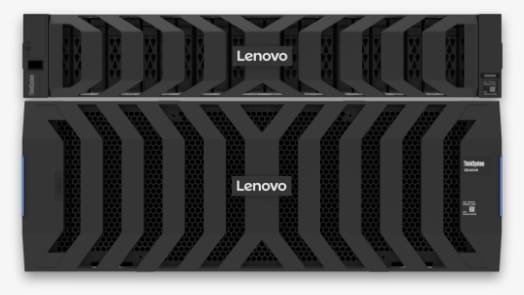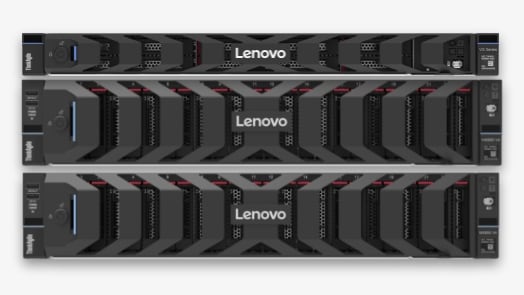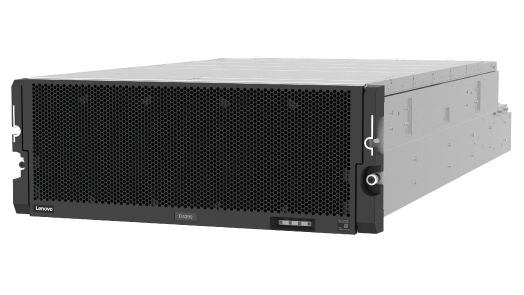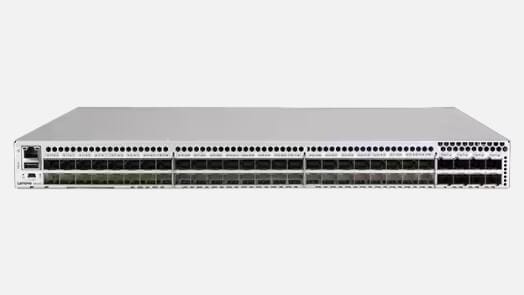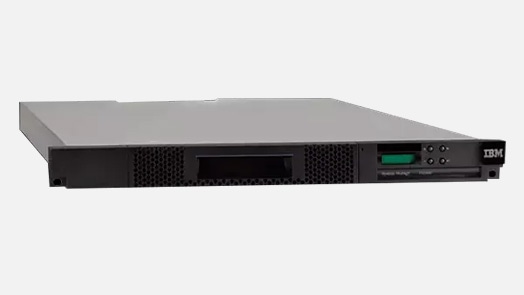Modernize & Transform Data
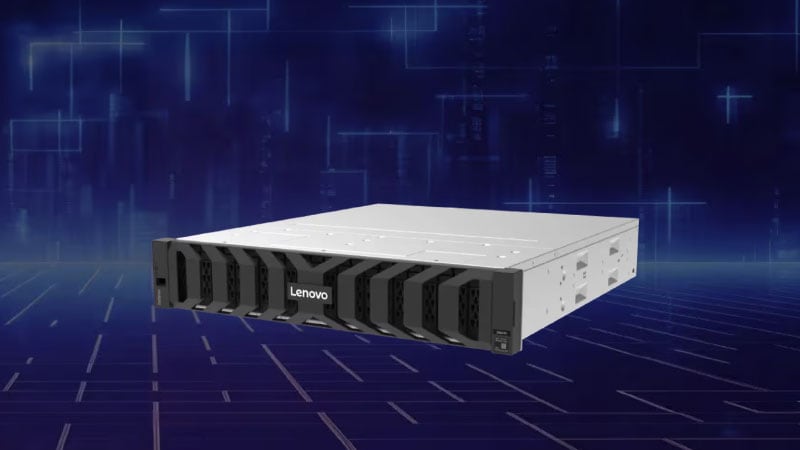
ThinkSystem DS Series Storage Arrays
Secure, all-flash SAN systems that are easy to deploy and manage, designed for virtualized environments handling mission-critical AI and data-intensive enterprise workloads.

ThinkAgile FX HCI Series
Designed for maximum flexibility enabling customers to run a choice of industry HCI software and simplify workload migration for maximum investment protection and risk mitigation.

ThinkAgile MX HCI Series
ThinkAgile MX HCI Series for Microsoft Azure Local expands support for external Fibre Channel Storage offering greater enterprise storage support for virtualization customers.

ThinkAgile HX HCI Series
ThinkAgile HX HCI Series featuring Nutanix Enterprise AI (NAI) software enables customers to securely deploy, run, and scale AI models in minutes.

Lenovo Services
Tailored services helping customers to leverage structured and unstructured data to achieve business outcomes with AI.

